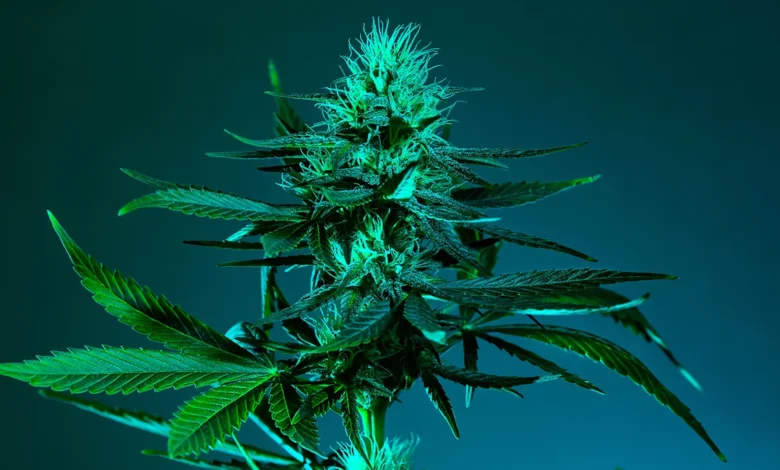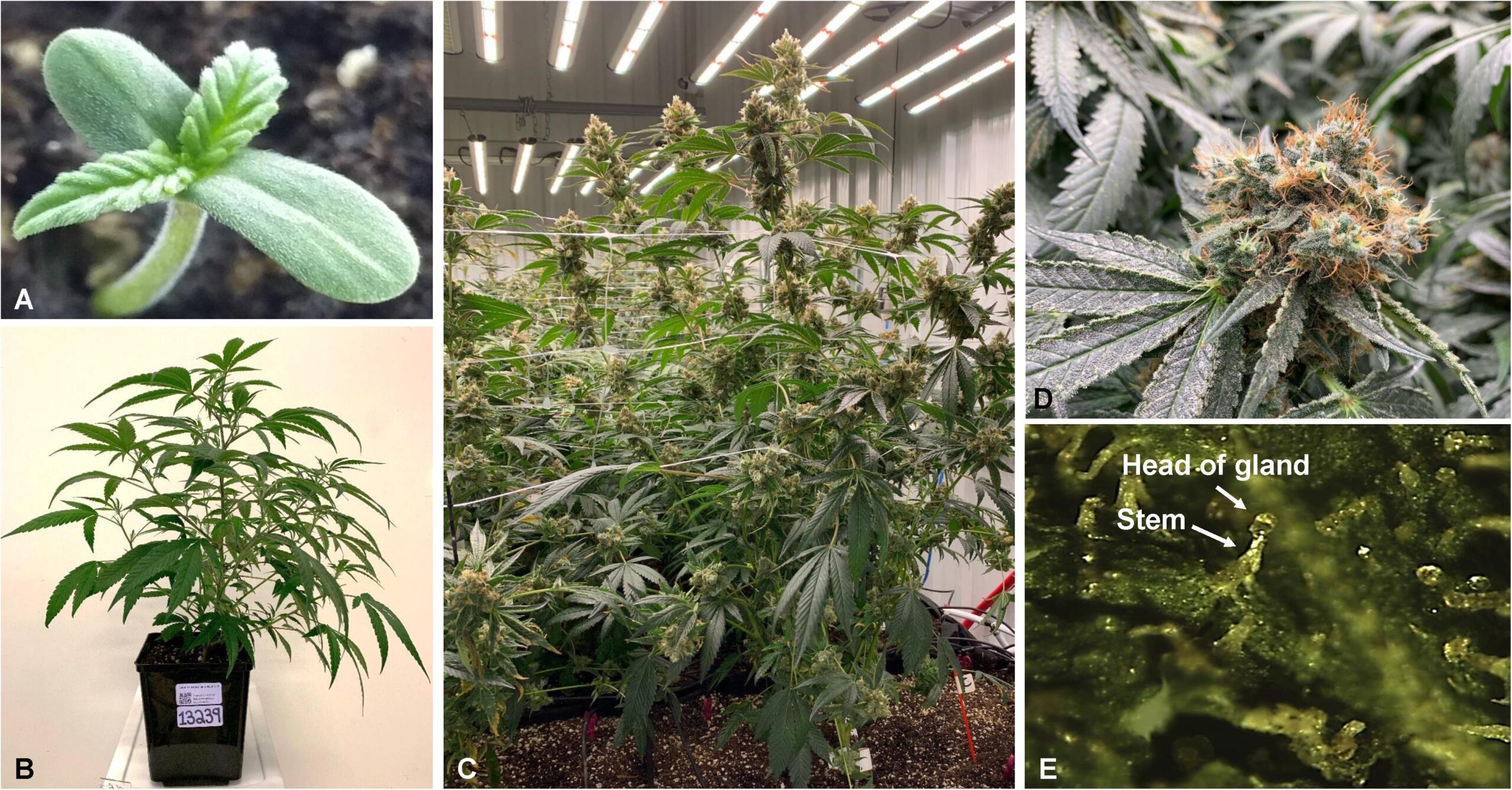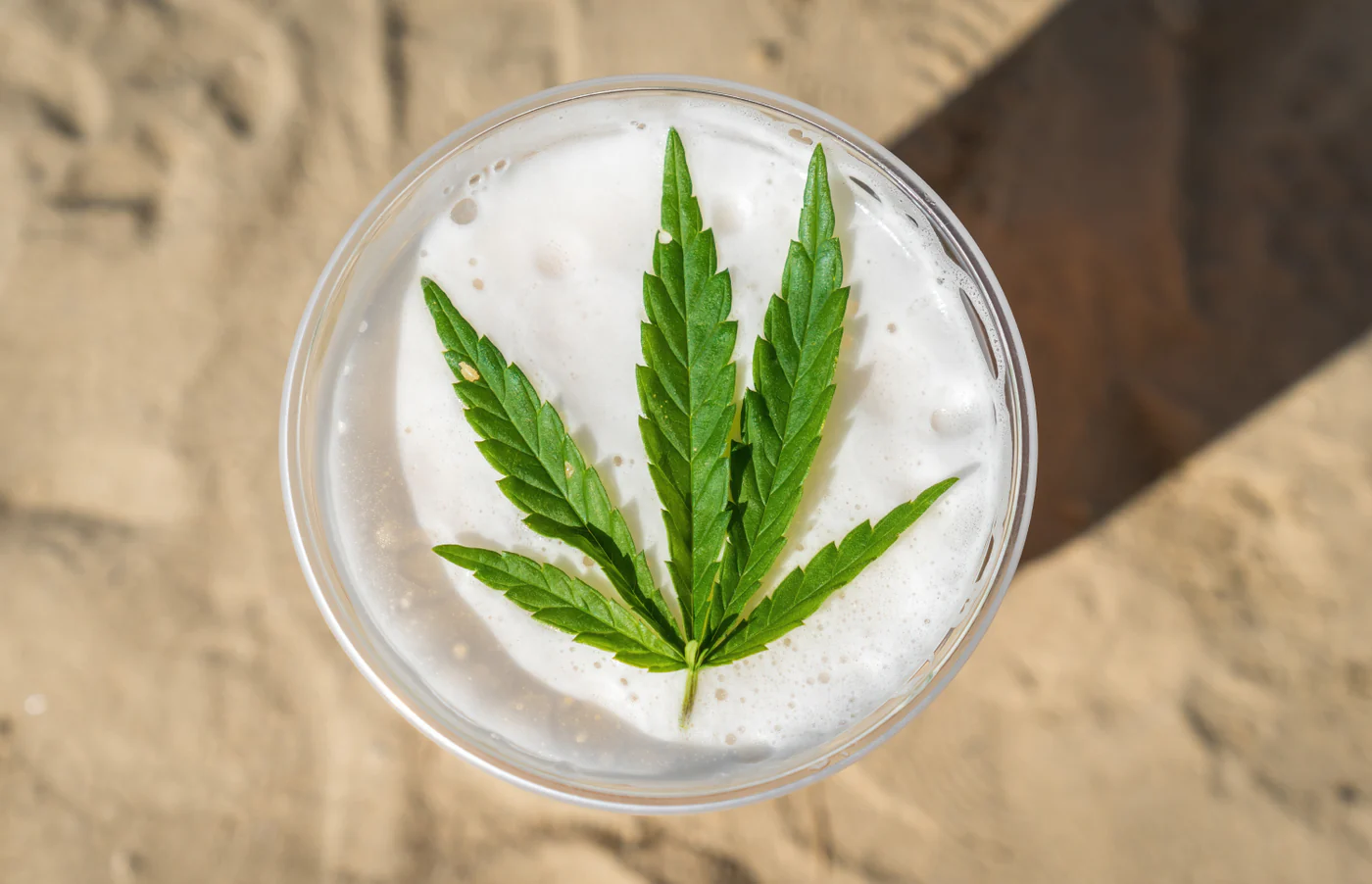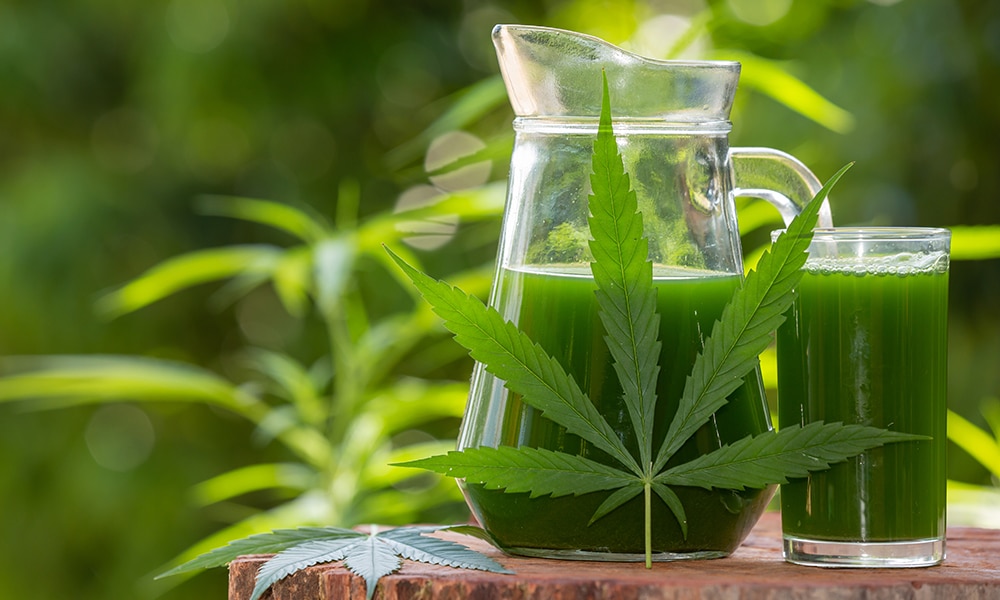THCA vs THC: Unveiling the Distinctions Between Two Cannabis Players

The world of cannabis is rich with a variety of compounds, each possessing unique characteristics and effects. Among these, Tetrahydrocannabinolic Acid (THCA) and Tetrahydrocannabinol (THC) stand out as two of the most discussed and researched cannabinoids. Despite their close chemical relationship, THCA and THC are distinct in their properties, effects, and roles within the cannabis plant. This article delves into the nuanced differences between THCA and THC, exploring their chemical composition, biological effects, legal status, and more.
Chemical Relationship and Differences
THCA and THC share a close chemical relationship, but they are not identical. THCA is the acidic precursor of Tetrahydrocannabinol , found naturally in the raw cannabis plant often reffered to as thca flower. It converts to THC through a process known as decarboxylation, which occurs when cannabis is exposed to heat or light. Chemically, Tetrahydrocannabinolic Acid contains an additional carboxyl group (-COOH) compared to tetrahydrocannabinol. This slight difference significantly impacts their pharmacological properties and how they interact with the human body.
Biological Effects and Efficacy

One of the most notable differences between THCA and THC is their psychoactive effects. Tetrahydrocannabinol is well-known for its psychoactive properties, which produce the “high” associated with cannabis consumption. In contrast, Tetrahydrocannabinolic Acid does not produce psychoactive effects. However, it has been the subject of research for its potential therapeutic properties, including anti-inflammatory and neuroprotective effects. The lack of psychoactivity makes it an appealing candidate for medicinal use, especially for individuals who seek the therapeutic benefits of cannabis without the psychoactive experience.
Methods of Consumption and Activation
The methods of consuming Tetrahydrocannabinolic Acid and THC vary, primarily due to their different chemical structures and how they activate in the body. It is most commonly consumed in its raw form, such as in fresh cannabis leaves and juices. Since t requires decarboxylation to convert into THC, traditional methods of cannabis consumption like smoking or vaporizing, which involve heating, will not preserve THCA’s properties. On the other hand, tetrahydrocannabinol is typically consumed through smoking, vaporizing, edibles, and oils, with each method providing a different onset and duration of effects.
Legal and Regulatory Landscape
The legal status is complex and varies significantly across different jurisdictions. In many regions, THC is regulated due to its psychoactive effects, often categorized as a controlled substance. The legal status of THCA, however, can be more ambiguous. In some areas, it falls under the same regulations as tetrahydrocannabinol due to its potential to convert into THC, while in others, it may not be explicitly regulated. The evolving legal landscape surrounding cannabis and its compounds continues to influence the accessibility and research surrounding Tetrahydrocannabinolic Acid and THC.
Role in the Cannabis Plant
THCA and tetrahydrocannabinol play different roles in the cannabis plant. THCA is present in the raw cannabis plant, serving as a natural precursor to THC. It is believed that Tetrahydrocannabinolic Acid might have a role in the plant’s defense mechanisms, although research in this area is ongoing. THC, on the other hand, is formed as the plant matures and is exposed to heat or light. The presence of THC in the plant has been a driving factor in the breeding and cultivation of cannabis, with many strains selectively bred to increase tetrahydrocannabinol content for recreational and medicinal purposes.
Research and Medicinal Applications

The research is continually evolving. While THC has been extensively studied for its medicinal properties, including pain relief, appetite stimulation, and anti-nausea effects, THCA’s research is relatively nascent. Preliminary studies suggest potential therapeutic benefits, such as anti-inflammatory and neuroprotective properties. However, more research is needed to fully understand its efficacy and safety profile.
Pharmacokinetics and Metabolism
The pharmacokinetics of THCA and THC – how they are absorbed, distributed, metabolized, and excreted in the body – also differ. When THC is consumed, it rapidly enters the bloodstream, particularly when inhaled, and is metabolized primarily in the liver. It is then converted into several metabolites, some of which are psychoactive and contribute to the overall effects of tetrahydrocannabinol. In contrast, the pharmacokinetics of THCA is less well-understood due to its limited psychoactivity and lower prevalence in cannabis products. However, it is known that when Tetrahydrocannabinolic Acid is decarboxylated into THC, it then follows the same metabolic pathway as tetrahydrocannabinol.
Safety and Side Effects
The safety profile and side effects of THCA and THC also vary. THC is associated with several well-documented side effects, including short-term memory impairment, altered psychomotor performance, dry mouth, red eyes, and in some cases, anxiety or paranoia.
Long-term or heavy use of tetrahydrocannabinolcan lead to more significant health concerns, such as dependency and potential psychiatric effects. On the other hand, because Tetrahydrocannabinolic Acid is non-psychoactive, it does not produce these same effects. The safety profile of THCA appears to be favorable, but comprehensive studies on its long-term use are still needed.
Impact on Drug Testing

For individuals concerned about drug testing, understanding the difference between THCA and THC is crucial. Standard drug tests for cannabis primarily detect the presence of tetrahydrocannabinol and its metabolites. Since THCA is non-psychoactive and does not convert to THC in the body, it is generally not the focus of these tests. However, given that THCA can convert to tetrahydrocannabinol when exposed to heat, products containing THCA could potentially lead to positive THC test results if improperly stored or used.
Consumer Preferences and Market Trends
The consumer market for cannabis products reflects the distinct attributes of THCA and THC. THC-dominant products are popular for recreational use due to their psychoactive effects. In contrast, products high in THCA are gaining traction in the health and wellness sector, where consumers seek the potential therapeutic benefits of cannabis without the psychoactive impact. This trend is also influencing cannabis cultivators and product manufacturers, who are exploring ways to harness the unique properties of both compounds.
End Note
In sum, THCA and tetrahydrocannabinol represent two key players in the cannabis narrative, each with its own set of characteristics and implications. As the cannabis industry continues to evolve, the distinctions between these two compounds will become increasingly important for consumers, healthcare providers, and regulators. Through ongoing research and development, the full potential of THCA and THC will be unveiled, contributing to a more nuanced understanding and responsible use of cannabis and its myriad components.



